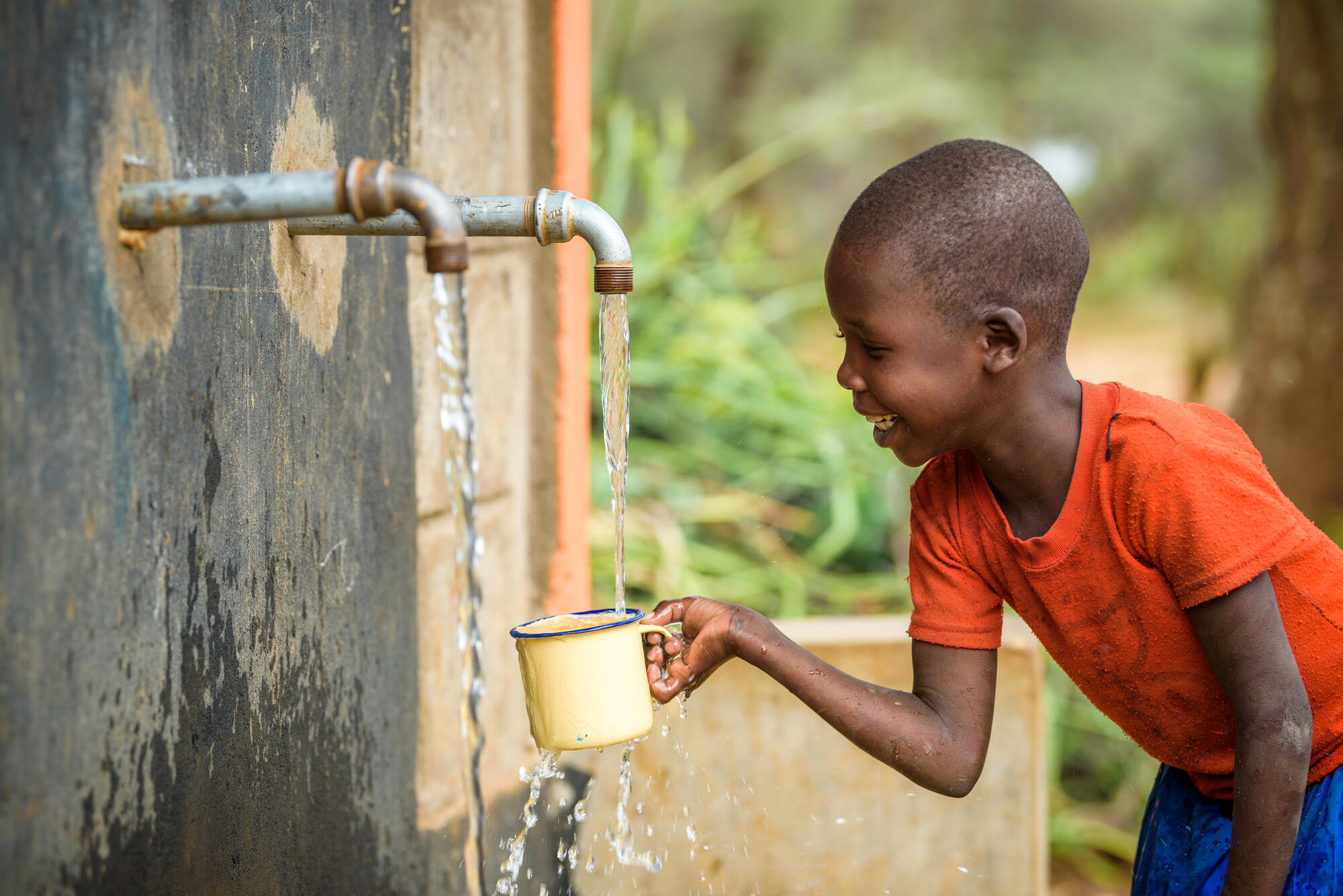Water Hygiene and Sanitation
Lack of safe water for household use remains a challenge for almost a billion people worldwide. Diarrhoeal diseases accounts for 1 in 9 child deaths worldwide, making diarrhoea the second leading cause of death among children under the age of 5. Population shifts from rural to urban areas, mass movements due to armed conflicts, post conflict challenges, desertification, poor and aging infrastructure as well as an increasing demands for water from growing populations are all contributing factors to the poor availability of safe drinking water in many developing countries, including in Sub-Saharan Africa.
In Nigeria, only 61% of the households have access to an improved source of drinking water, with a much higher proportion among urban households (76%) than among rural households (49 %). The most common source of improved drinking water in Nigeria is tube well or borehole water used by 44% of urban households and 32% of rural households. Approximately, 13% of urban households and 10% of rural households have access to drinking water from protected wells. Use of sachet water which is included as a non-improved source of drinking water, is also common in Nigeria with a higher use in urban areas than rural areas (NDHS 2013).
As a response to the need to increase safe water access in Nigeria while contributing to the Sustainable Development Goal target 6. 1 of achieving universal and equitable access to safe and affordable drinking water for all, Society for Family Health (SFH) launched its Safe Water System project in 2004, with the goal of reducing childhood morbidity and mortality, while minimising diarrhoeal disease among the general population as a whole and continues to implement safe water system projects nationwide.
What is Safe Water System (SWS)?
Safe Water System is a water quality intervention that uses a simple and inexpensive technology to make water safe, through water disinfection and safe storage at the point of use. This intervention has proven appropriate for developing world in the reduction of diarrhoeal disease incidence in users. Society for Family Health promotes safe water through three elements: sales and distribution of water disinfection products; promotion of safe water storage in plastic containers with a narrow mouth, lid, and spigot to prevent recontamination; and behaviour change communication, along with community mobilisation, education, and awareness on the importance and benefits of safe water, safe storage, and community hygiene. SFH also provides support to governments in addressing epidemics caused by water borne diseases such as cholera and the promotion of improved sanitation.
Safe Water System Products: WaterGuard Plus and Purifier of Water
As part of addressing issues with safe water in Nigeria, in 2004, Society for Family Health (with her technical partner Population Services International) began the development and local production of WaterGuard® , a 1% sodium hypochlorite, point-of-use (POU) water disinfectant targeted at children and caregivers of children under five years of age. In 2015, after extensive research and development, WaterGuard Plus® in a unique powder formulation was created ensuring a yet more efficacious product, promoting quality control, maintaining authenticity and increasing demand. WaterGuard Plus® is a water disinfectant that makes water safe for drinking by destroying harmful bacteria, protozoa, and other germs that cause water-borne illness. WaterGuard Plus® is manufactured exclusively for Society for Family Health by Control Chemical Pty Ltd is intended for both adults and children, and provides protection against diseases, including cholera (which causes severe diarrhoea and vomiting in epidemics) as well as dysentery and other forms of water borne disease causing agents.

